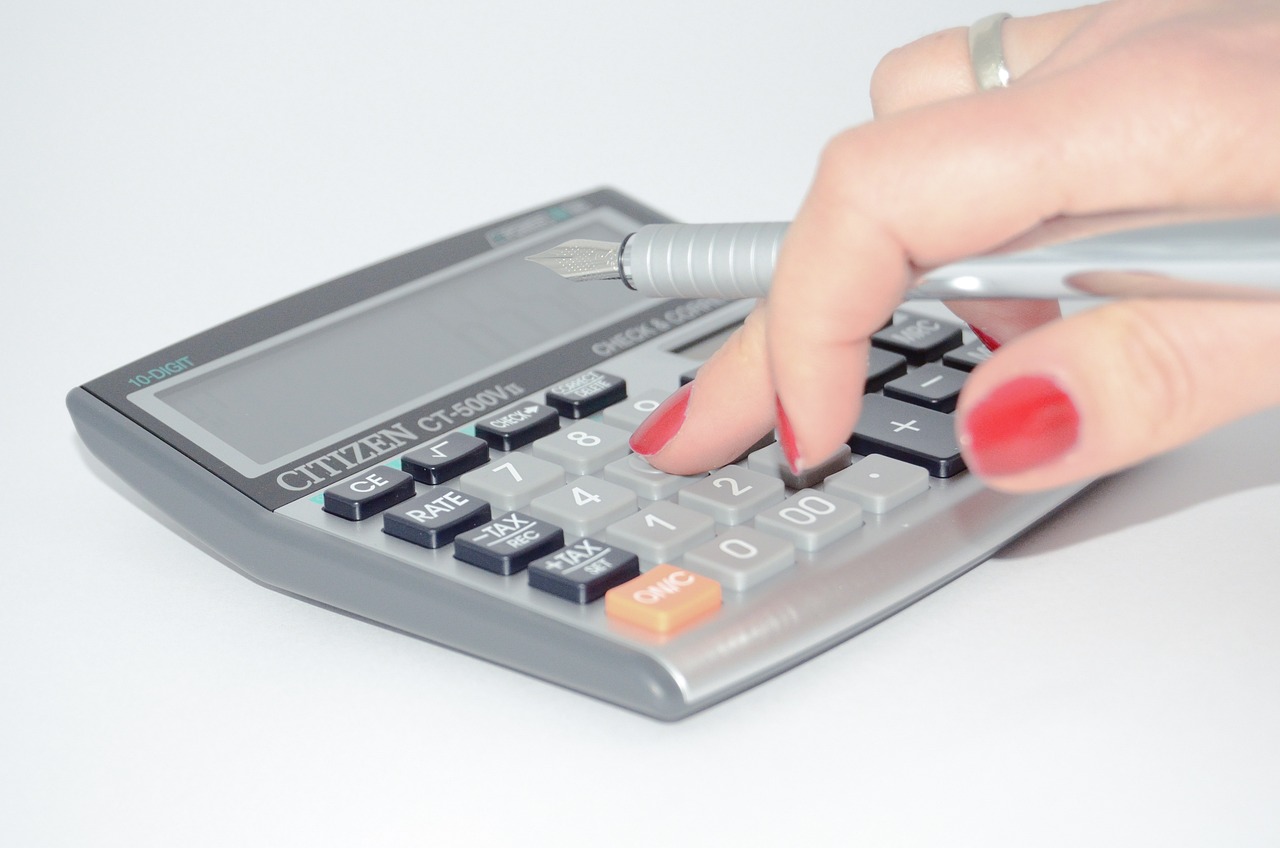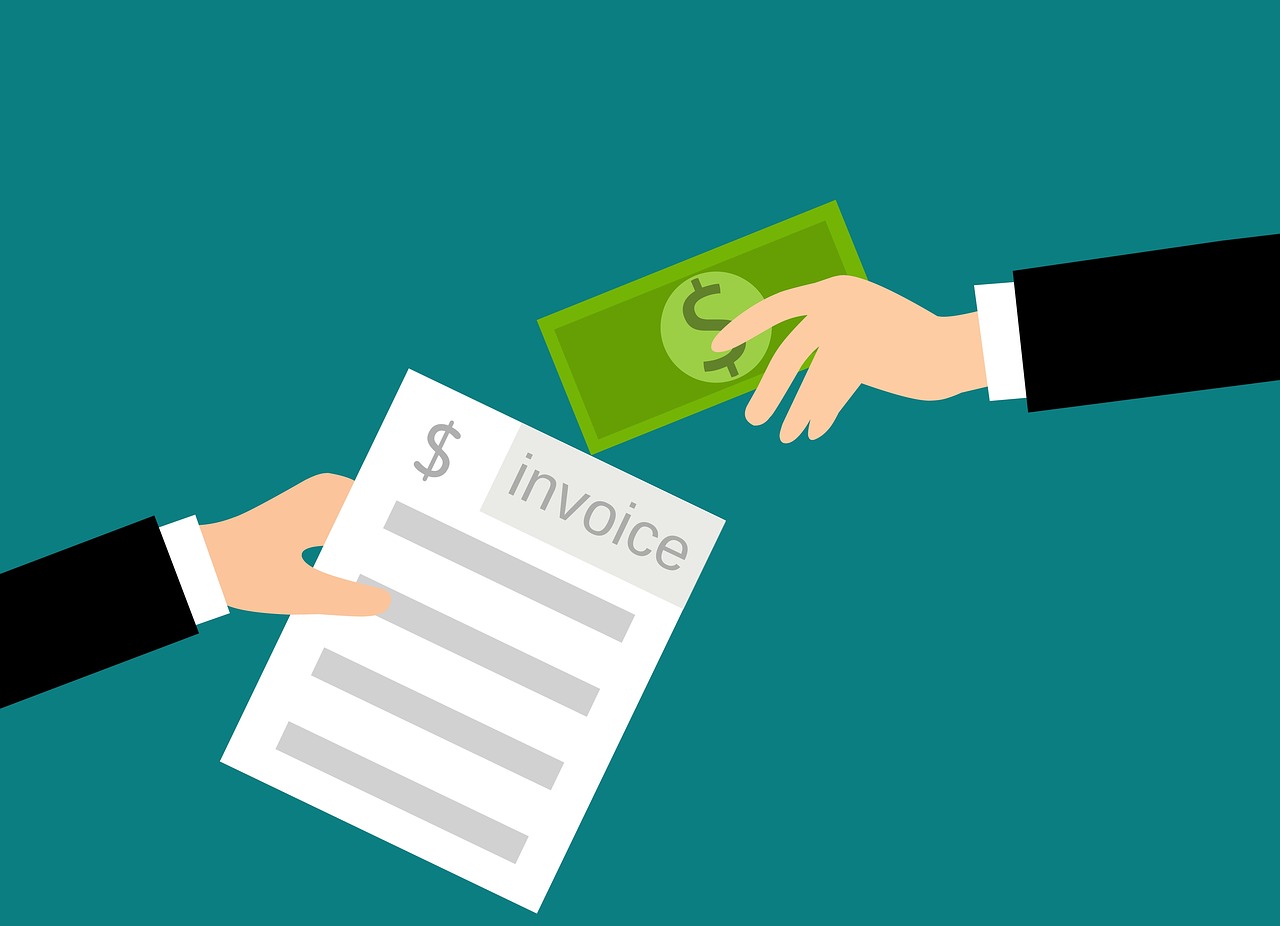
How to Apply a Discount to an Invoice
How to Apply a Discount to an Invoice A good discount is what your customer…

If you look at any invoice number example, you will see a unique combination of numbers, letters, and symbols separating one document from another. It allows you not to drown in a huge stream of papers, especially if you work with several clients. It helps you avoid duplicating and submitting the same files. With form IDs, you can track the delivery of documents to recipients, invoiced payments, control delays in compensations, and so on.
Also, numbered papers allow you to evaluate your own activities, track the volume of tasks performed, and analyze work with specific clients. Besides, when it comes to paying taxes, the tax office can check an invoice number on each issued document and correctly calculate the amount required to pay income tax. Bill IDs may simplify other accounting issues.
Besides the obvious benefits to entrepreneurs, numbering is important to customers. It allows them to quickly determine a sender and services they need to pay for. Of course, orderers keep records of the papers received, so well-made files with consistent numbers help them in these matters and demonstrate your professionalism.
What should be included in an invoice besides an ID? Such a document also contains:
Where to find an invoice number? For faster paperwork, IDs are placed at the top of documents, next to other important information about files, such as the creation date and the deadline for payment. For example, in forms generated using our editor, they can be found in the upper right corner on the second line.

When you make an invoice with pre-built templates, you can manually renumber it by adding the characters you want. Follow a few basic guidelines from pros.
So, for example, you can add to the file number the project or customer’s ID for which a task was made. You can use both of these data if you work with several orderers within the same project. There is also a chronological option, which adds the year, month, and even the day when a bill was issued. Such additional information is indicated at the beginning, and then the form number follows after a dash or slash. Keep in mind that there should be no spaces in the invoice ID.
The choice of the specific method is up to you. You can try one, and if it doesn’t work for you, switch to another. It’s worth doing it at the end of a fiscal year. It’ll help both you and a tax office avoid confusion when analyzing papers.

Let’s face it: Invoices can be a mountain of paperwork or digital files; sometimes, you might feel lost in a maze. That’s where the invoice number significance comes into play. A well-crafted invoice number is a unique identifier, almost like a social security number for your invoice. This little detail helps tremendously in invoice tracking and preventing duplicates. So yes, this ‘seemingly insignificant’ number can be a real lifesaver.
Imagine if street addresses were random. You’d get lost, right? That’s why sequential numbers are your friend. They keep your bills in line and order, like dominoes, perfectly aligned. Yet, who doesn’t like a little personal touch? Custom numbers let you infuse a bit of your brand’s personality into the number structure. Just remember, while you’re putting your creative flair, the rule is: don’t break the sequence. Here’s what good invoice organization can look like:
Think of this number as the title of a book. Would you read a book named “Book 1”? Probably not. Adding date and client details spices things up by giving extra context. This is essential for invoice identification. For example, using ‘2023-09-JD-001’ tells you the bill was issued in September 2023 for client JD. So it’s not just about making it look good; it’s about making it informative and easy to decode.
When your paperwork is in harmony, the rest of the business processes follow suit. And what makes that possible? Unique invoice codes. These act as a cornerstone for accurate invoice record keeping. Think of these codes as a string of DNA—each one has to be unique to maintain the numerical sequence. This helps eliminate errors when you’re tallying up the numbers for tax time, audits, or just regular financial check-ups.
Your invoice number is not just a random set of digits and letters thrown onto a document. It is pivotal in everything from invoice identification to invoice organization and record-keeping. It’s like the foundation of a building; you need it to be strong and well-planned to support all the stories above.


How to Apply a Discount to an Invoice A good discount is what your customer…

How to Add Taxable and Non-Taxable Items on One Invoice Invoicing is never as straightforward…

3 Reasons to Use Paperless Invoices It is 2024 out there, and machines have already…